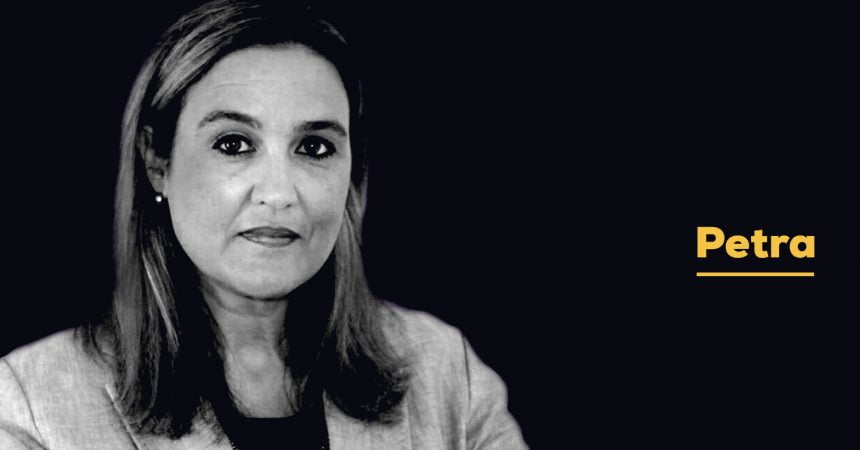Leadership style matters. The same situation can be handled very differently depending on the approach. Some people are lenient, others are strict, some are fair and others not. The rules often don’t even need to be changed, for big changes to be felt on the ground. Good governance makes a difference.
Last Monday, I attended a meeting of the Parliamentary Committee for the Environment and Development.
The session began with a request by Jason Azzopardi, Opposition Spokesperson for the Environment, for an immediate discussion on the Planning Authority’s new restrictions on public access to information on planning applications.
Since last May, the Planning Authority has been blocking access to applications which it considers to be ‘incomplete’. This means that the public cannot see any information on pending applications online, until a much later stage than was previously possible. This includes older applications whose details were previously available to the public.
This has been widely seen as a move to reduce transparency and scrutiny and to give developers an advantage over their neighbours and the rest of the community. People now have less opportunity to know what is going on at the Planning Authority, and less time to prepare their comments or objections on applications for construction. No public announcement was made when this change was introduced.
It is important to bear in mind that there is no reason why the government must do this. It chooses to do so. It has deliberately made it legally possible to reduce public access to information, and thus to limit public participation in decision-making on building permits and environmental matters.
Azzopardi is right to question this move. What is the point of all this secrecy? Who stands to benefit? The Planning Authority’s move reflects a governance style, not a necessity.
As soon as the discussion began, committee Chairman Alex Muscat said that Azzopardi’s request could not automatically be put on the agenda. He considered that the matter requires parliamentary permission to be discussed, as it goes beyond the committee’s remit. To back this up, he cited a ruling by the Speaker.
Azzopardi insisted that access to information at the Planning Authority is indeed within the committee’s remit, as it affects environmental protection. There is no need for special permission by a parliamentary majority to discuss it.
Both Opposition MPs at the meeting, Jason Azzopardi and Godfrey Farrugia, objected strongly to Muscat’s interpretation of the Speaker’s ruling. But Muscat would have none of it.
I won’t go into the merits of the ruling, but I consider this to be a serious matter with wide repercussions. If this approach stands, it would mean that anything that the government prefers to keep away from the scrutiny of this committee can be swept under the carpet from now on.
In this situation, only Cabinet ministers will set the agenda and the concerns of the Opposition can be left out in the cold – together with any uncomfortable issues raised by environmental organisations, local councils and the public.
This is outrageous. If the law can be interpreted in this way, it should be revised immediately to make it crystal clear that any environmental concern can be put on the agenda by a committee member, including Opposition MPs.
The discussion reflected an attitude which also emerged later in the meeting when the NGOs were officially invited to attend, came forward to make their representations to the committee.
At this point, the Chairman reminded the NGO representatives that their participation was an exception to the committee’s procedure – although this actually takes place at each sitting. MP Marlene Farrugia was the first to begin this practice in 2013, and it has continued regularly ever since.
Seeing that the Chairman was so keen to emphasise that NGOs are there as a special concession, I would not be surprised if sometime in the near future he intends to suppress this practice and stop inviting NGOs to attend and address the committee.
Again, it is all about choices and governance style. There is nothing stopping the committee from inviting civil society to participate, but the government might have other ideas.
At the meeting, it was announced that the fuel stations policy will now undergo a third round of public consultation due to some further revisions. This is expected to commence around mid-September for a period of six weeks. The policy will then go back to the parliamentary committee again. It is optimistic to imagine that it will be concluded by January.
Public consultation is certainly a good thing, but in this case, with a policy only 1,300 words long and long overdue, adding further months to the process is understandably being regarded as a deliberate delay. After all this time, the draft policy is still a shoddy piece of writing with incomplete clauses, items missing from the glossary, and so on.
The only ray of hope is that this attention to consultation will be applied across the board, with the government consulting on every word and thought in future.
This was certainly not the case with the high-rise policy in 2014 when then Parliamentary Secretary for Planning, Michael Farrugia, had added the entire area of Mrieħel into the draft policy after the consultation had closed.
Good governance does matter.
petracdingli@gmail.com












